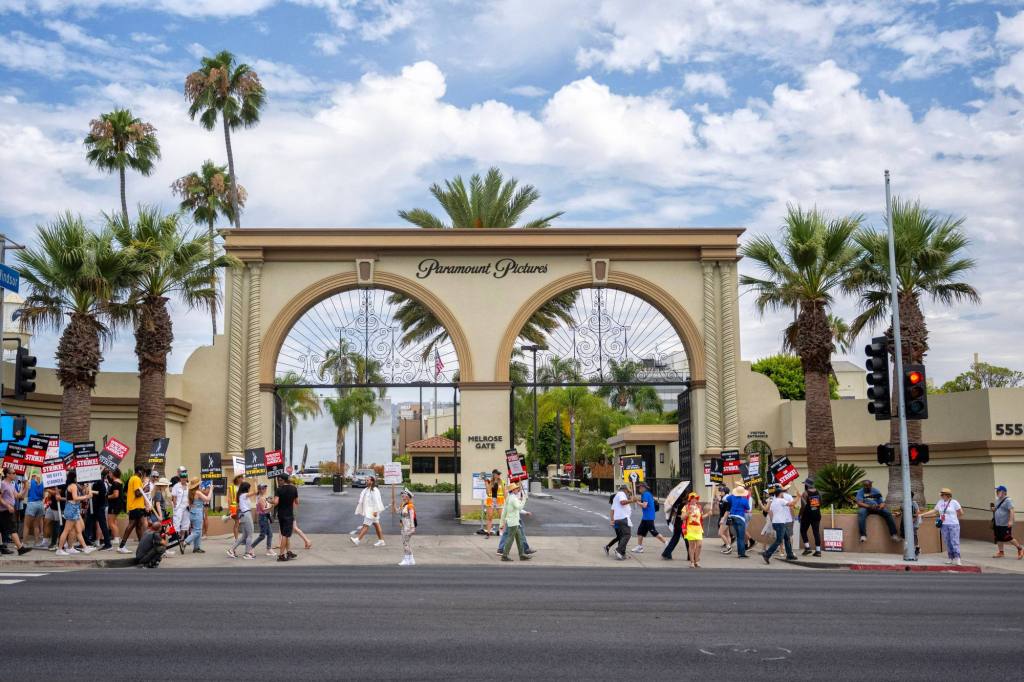With the entertainment writers strike ending, efforts to funnel new film, TV show and commercial shoots into Los Angeles County are becoming more urgent.
Members of Screen Actors Guild-AFTRA have not yet reached an agreement. But the WGA’s tentative contract resolution has played into the Los Angeles County Board of Supervisors desire to cut red tape and reduce production company sales taxes and property taxes — to get them to say “action” in locales in unincorporated county areas and at county-owned facilities.
On Tuesday, Sept. 26, the board approved a motion that will begin the process of hiring an economic consultant to offer incentives that attract new entertainment productions in the county, and possibly create a fund to assist productions with developing new technologies including artificial intelligence (AI) and virtual reality.
Besides tax breaks, the action would clear the way for location scouts to explore new shooting sites and backdrops, including inside the flood control channels and riverbeds managed by the county Public Works Department. One approach might be to remove fees for production visits, while still allowing the county to be reimbursed for staff time used in escorting production teams through flood waters and debris channels.
A street-racing scene in the 1978 movie “Grease” was filmed in the Los Angeles River, between the First and Seventh Street bridges. Other movie companies have also shot scenes in the concrete-lined L.A. River.
The motion also seeks to explore how to bring in more foreign film production shoots and waive fees for student productions in unincorporated areas, or on county property. The fees are assessed by the county and also by FilmLA, the agency that regulates film shoots in greater Los Angeles.
“We appreciate the County of Los Angeles’ leadership on this issue and support the Board of Supervisors’ efforts to encourage new film industry investment in the region,” wrote Philip Sokoloski, a spokesperson for FilmLA, in an emailed response.
First on the list is the long-term problem of studios moving productions to other states that offer more lucrative incentives and tax breaks.
“Unfortunately, given the high costs of doing business in California and the county, the entertainment business has slowly begun moving productions out of state, and out of country,” the motion stated.
The entertainment industry sector of the L.A. County economy accounts for one million jobs, $114 billion in labor income and $38 billion in tax revenues, according to the 2023 Otis Report on the Creative Economy.
“We need to do everything we can to incentivize local productions to keep TV, film, and commercials firmly rooted in Los Angeles County, home to the incredible backdrops that bring the entertainment we love to life,” said Third District Supervisor Lindsey Horvath in an emailed response.




